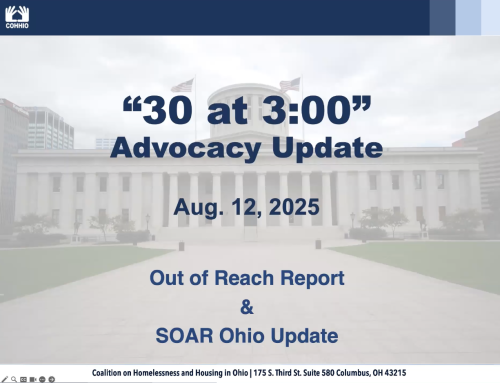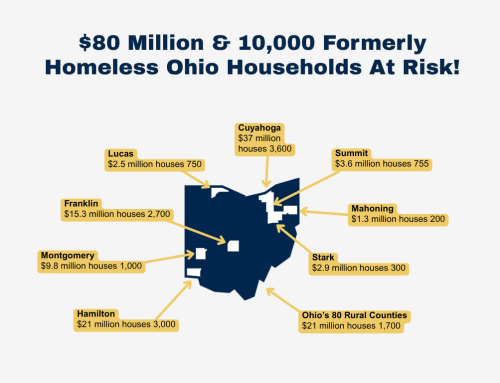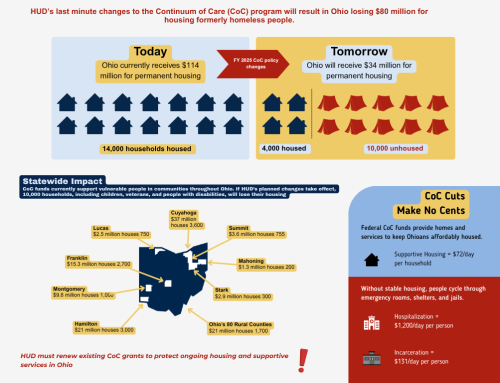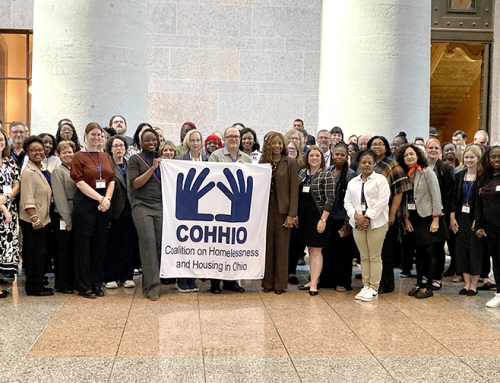June 24, 2021
Ohioans facing eviction got a reprieve Thursday as the CDC extended the eviction moratorium another 30 days, buying tenants more time to secure emergency rental assistance to pay off arrears and remain safely in their homes.
The Coalition on Homelessness and Housing in Ohio (COHHIO) and the Ohio Poverty Law Center (OPLC) applauded the administration’s move, noting that it could prevent thousands of Ohioans from losing their homes while waiting for emergency rental assistance applications to get processed.
“Rent relief is on the way, but many renters are caught in a paperwork race between eviction courts and local agencies, who are often short-staffed and inundated with rental assistance applications,” said COHHIO Executive Director Bill Faith. “This extension gives everyone a little more time to catch up so families don’t get evicted unnecessarily.”
The last two federal relief bills included a total of nearly $47 billion in emergency rental assistance for tenants who have been unable to pay rent at any point since the beginning of the pandemic. Ohio has already received nearly half of its total $1.5 billion allocation, which local agencies are using to help to at-risk renters throughout the state.
OPLC Attorney Graham Bowman urged landlords to exercise patience with tenants who were unable to pay rent each month as lower-wage workers shouldered the brunt of mass layoffs and work hour reductions during the public health crisis.
“Emergency rental assistance is a win-win for both parties. It allows tenants to stay in their homes and ensures landlords can recover up to 12 months of back rent from tenants impacted by the pandemic. But only if landlords cooperate with the process,” Bowman said. “Eviction drives families deeper into poverty, and makes it extremely difficult to find housing in the future. Let’s work together to keep Ohio tenants safely housed and make landlords whole.”
COHHIO and OPLC advise at-risk tenants to submit a declaration form stating they are eligible for protection under the CDC’s eviction moratorium, and to apply for emergency rental assistance immediately by contacting their local community action agency. Tenants should notify their landlords that they are taking these steps. Landlords can also take action to apply for emergency rental assistance in cooperation with their tenants.
